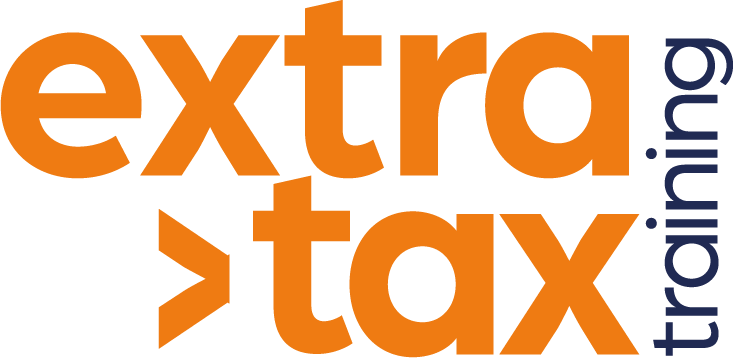Benefits of ADIT
One of the benefits of ADIT is that it offers a high degree of flexibility, allowing you to balance work & study commitments. The exams are modular, so you can take them in any order and at your own pace.
You have plenty of time to complete the qualification, with at least 5 years to graduate. To graduate, you must pass the compulsory Principles of International Taxation paper plus two optional modules, or one optional module and an extended essay on the subject & jurisdiction of your choice. The only prerequisite to register as a student & take the exams is an email address!
What are the benefits of ADIT?
Global tax qualification
If your home jurisdiction doesn’t offer a tax qualification on a par with the Chartered Tax Adviser qualification, studying for ADIT and becoming an International Tax Affiliate of the UK Chartered Institute of Taxation is your chance to gain a globally recognised tax qualification.
When you become an International Tax Affiliate, you demonstrate your commitment to upholding the highest professional standards, and highlight your technical expertise and dedication to your career.
When you become an International Tax Affiliate, you demonstrate your commitment to upholding the highest professional standards, and highlight your technical expertise and dedication to your career.
Flexibility of ADIT
The core module – Principles of International Taxation – gives you a solid foundation in international tax without focusing on any one jurisdiction. Its syllabus covers key issues such as principles of international tax law, residence, double taxation conventions and treaty interpretation, transfer pricing, the work of the OECD and international tax avoidance.
You have free choice over your selections for the other two modules. You may choose to focus on the thematic papers to further develop your understanding of international tax in specific areas.
Or you may choose to learn more about international tax rules in a neighbouring jurisdiction and a common headquarters jurisdiction, like Singapore or the UK. Or you can choose to mix a thematic & a jurisdiction option.
You have free choice over your selections for the other two modules. You may choose to focus on the thematic papers to further develop your understanding of international tax in specific areas.
Or you may choose to learn more about international tax rules in a neighbouring jurisdiction and a common headquarters jurisdiction, like Singapore or the UK. Or you can choose to mix a thematic & a jurisdiction option.
Extended essay
As an alternative to one jurisdiction or thematic exam module, you have the option of writing a 15,000-20,000 word extended essay.
This is a great option if your chosen area of international tax is not covered by an available ADIT module options or if you are completing a dissertation or thesis as part of an LLM or masters degree in international tax – a version of your dissertation or thesis may be submitted in fulfilment of the ADIT extended essay option (provided it meets the ADIT extended essay requirements.)
Or perhaps you simply wish to gain the experience of researching and writing an advanced level extended essay that contributes to the academic discourse in a specialist area of international tax?
This is a great option if your chosen area of international tax is not covered by an available ADIT module options or if you are completing a dissertation or thesis as part of an LLM or masters degree in international tax – a version of your dissertation or thesis may be submitted in fulfilment of the ADIT extended essay option (provided it meets the ADIT extended essay requirements.)
Or perhaps you simply wish to gain the experience of researching and writing an advanced level extended essay that contributes to the academic discourse in a specialist area of international tax?
Modular & standalone ADIT certificates
ADIT students who successfully complete Principles of International Taxation and one optional module may apply for a modular certificate recognising their partial ADIT achievement. Students who pass either Principles of International Taxation or a thematic module can alternatively apply for standalone certification. The modular certificate is a great option to demonstrate your growing expertise as you work towards becoming an ADIT graduate.
The standalone certificates are ideal if you are interested in gaining a qualification in one specialist area of the ADIT syllabus, for instance, transfer pricing. Or maybe you are already an ADIT graduate but wish to continue to expand your international tax knowledge by studying a further thematic module!
Thank you!
Policy Pages
Copyright © Extratax Training Ltd 2025
Extratax Training Ltd is registered in Northern Ireland under registration number NI663914
Registered Office: 55-59 Adelaide Street, Belfast, BT2 8FE
Subscribe to our newsletter now!
Get weekly updates on live streams, news and more right in your mailbox.
Thank you!
30% OFF!
Huge offer is waiting for you!
Click the button to make this offer yours! Limited-time only!
Freelance Tax Tutor
If you are interested in joining us, please email your CV and a cover letter explaining why you would be a valuable addition to our team to info@extrataxtraining.com
